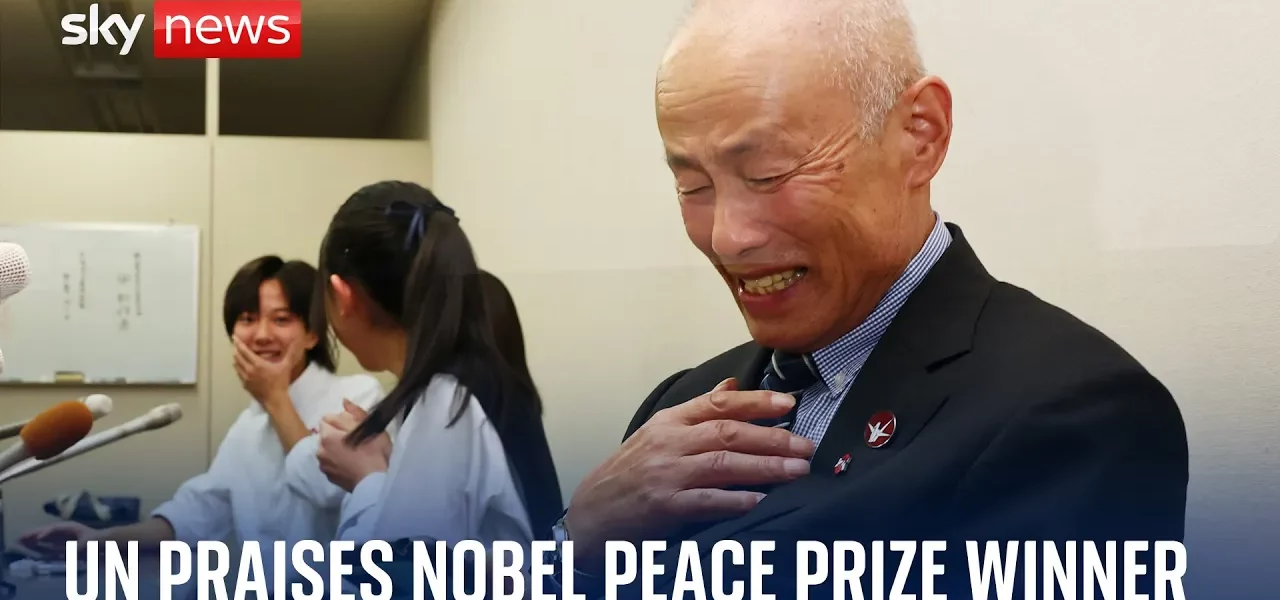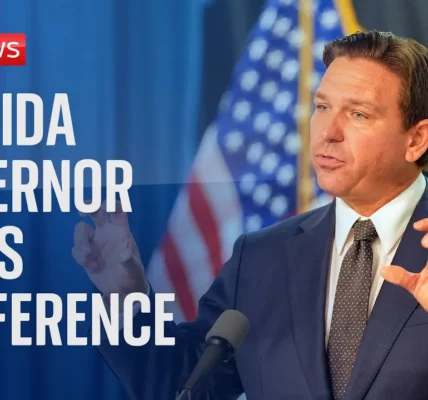Nobel Peace Prize 2024: A Tribute to Hibakusha and Nuclear Disarmament Efforts

This article delves into the recent announcement of the Nobel Peace Prize awarded to Hibakusha, the survivors of atomic bombings in Hiroshima and Nagasaki, highlighting their relentless advocacy for nuclear disarmament and peace.
Introduction
On a momentous day, the announcement of the Nobel Peace Prize for 2024 brought forth a wave of optimism amidst global uncertainties. The award was presented to Hibakusha, a collective of atomic bomb survivors from Japan, acknowledging their tireless work in promoting peace and advocating for nuclear disarmament. This recognition not only honors their past but also emphasizes the urgent need for a global movement towards eliminating nuclear weapons. As Isumi Nakamitsu, the United Nations High Representative for Disarmament Affairs, expressed her heartfelt congratulations, the gravity of this award becomes evident in the context of ongoing global tensions and nuclear threats.
The Significance of the Nobel Peace Prize
The Nobel Peace Prize is one of the highest honors awarded globally, recognizing individuals or organizations that have made significant contributions to peace. The 2024 award to Hibakusha is particularly poignant as it draws attention to the historical context of nuclear warfare and the relentless pursuit of a world free from nuclear threats.
Hibakusha: The Survivors’ Legacy
Hibakusha, meaning “explosion-affected people,” refers to the survivors of the atomic bombings in Hiroshima and Nagasaki. Their experiences and voices have become powerful tools in advocating for nuclear disarmament. The organization facilitates:
- Public awareness campaigns about the consequences of atomic bombings.
- Advocacy at international forums, including United Nations meetings.
- Mobilization of public opinion through signature campaigns demanding nuclear disarmament.
Global Impact of Their Advocacy
The work of Hibakusha has been instrumental in shaping global public opinion towards nuclear disarmament. They have been pivotal in:
- Creating a nuclear taboo that discourages the use of nuclear weapons.
- Facilitating dialogues on humanitarian impacts of nuclear weapons.
- Influencing policy changes and legislative measures aimed at disarmament.
Isumi Nakamitsu’s Role and Perspective
As the High Representative for Disarmament Affairs at the United Nations, Isumi Nakamitsu plays a critical role in advocating for disarmament policies. Her insights during the press briefing highlighted the importance of recognizing the contributions of Hibakusha.
Personal Connection to Hibakusha
Growing up in Japan post-World War II, Nakamitsu has a unique understanding of the implications of nuclear warfare. Her interactions with Hibakusha have fueled her resolve to advocate for disarmament:
- She has expressed gratitude for their courage to share their traumatic experiences.
- Nakamitsu emphasized the importance of their ongoing struggle for peace, which inspires her own work.
The Call for Nuclear Disarmament
Nakamitsu’s statements during the briefing underscored the pressing need for global action against the escalating nuclear rhetoric and risks. She articulated that:
- The current trajectory of nuclear weapons poses a significant threat to international peace.
- Upholding the nuclear taboo is vital for preventing future conflicts and humanitarian crises.
- The international community must collectively work towards the complete elimination of nuclear weapons.
Challenges and Opportunities Ahead
While the Nobel Peace Prize honors the achievements of Hibakusha, it also serves as a reminder of the challenges that lie ahead in the realm of nuclear disarmament. The geopolitical landscape is fraught with complexities that can hinder progress.
Current Global Tensions
The ongoing conflicts and the resurgence of nuclear threats necessitate a concerted effort among nations to recommit to disarmament initiatives. Key factors include:
- Rising military expenditures among nuclear-armed states.
- Increased nuclear rhetoric and tests that undermine disarmament efforts.
- Shifts in international alliances that complicate disarmament dialogues.
Potential Pathways Forward
Despite these challenges, there are pathways to foster a renewed commitment to disarmament:
- Strengthening existing treaties like the Treaty on the Prohibition of Nuclear Weapons (TPNW).
- Encouraging states to engage in disarmament discussions and attend treaty meetings.
- Mobilizing civil society to advocate for nuclear disarmament and peace initiatives.
Conclusion
The 2024 Nobel Peace Prize awarded to Hibakusha is not just a recognition of their past struggles but a clarion call for the future. It underscores the urgent need for global solidarity in the fight against nuclear weapons. As we reflect on their legacy, it is imperative for all nations to recommit to disarmament efforts. The path ahead may be fraught with challenges, but the vision for a peaceful world free of nuclear threats remains a collective responsibility. We urge readers to engage with their communities and advocate for policies that promote peace and nuclear disarmament.
“`




